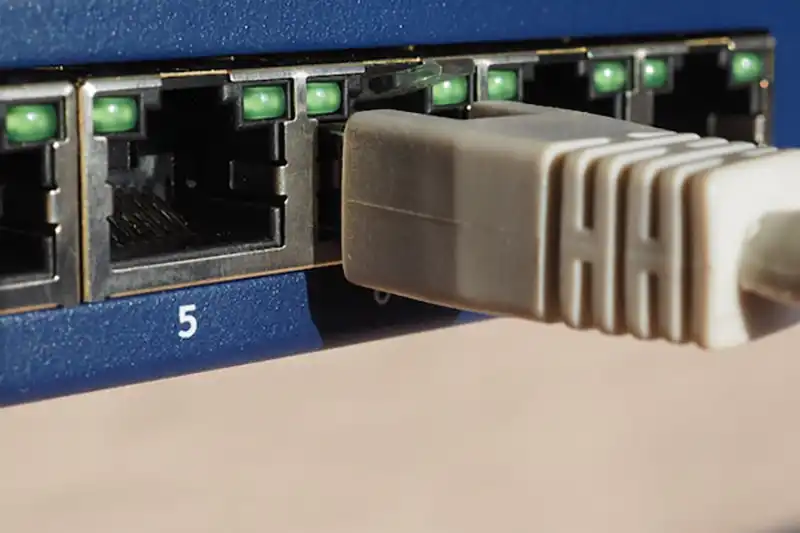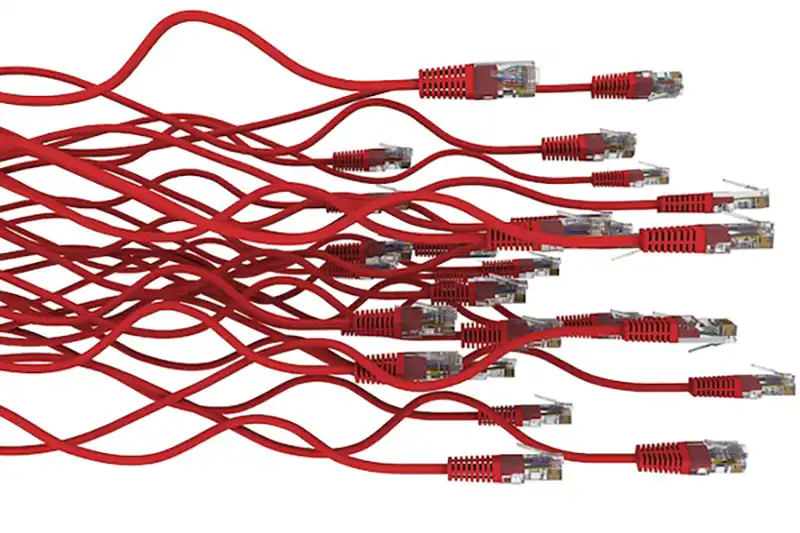When it comes to setting up a reliable and powerful network, MikroTik is a name that often comes up. Whether you’re a home user or a business professional, understanding what is MikroTik can help you make an informed decision about your networking needs. In this article, we’ll explore what MikroTik is, its key features, benefits, and how it compares to other networking solutions.
What is MikroTik? Overview of the Company
MikroTik is a Latvian-based company that designs and manufactures a wide range of networking equipment. The company was founded in 1996 and quickly became known for its innovative and affordable solutions in the world of routers, switches, wireless systems, and more. MikroTik is widely recognized for producing high-quality, cost-effective hardware and software that caters to a wide range of users—from home network enthusiasts to large enterprises.
One of the most important things to know about what is MikroTik is that it combines both hardware and software solutions. The company’s flagship product is its operating system, RouterOS, which runs on MikroTik devices and provides advanced features for managing networks. MikroTik has become a popular choice in the networking community due to its flexibility, reliability, and affordability.
MikroTik Devices: Routers, Switches, and Wireless Solutions
When you ask, “What is MikroTik?” you might be wondering about its range of products. MikroTik is best known for its versatile network devices, which are powered by RouterOS. These include:
- Routers: MikroTik offers a range of routers suitable for both home and business use. They are designed to handle different network requirements, from basic home internet to high-performance, multi-gigabit routing for large networks.
- Switches: MikroTik’s switches are used to create local area networks (LANs) by connecting multiple devices. These switches also provide management capabilities, enabling advanced control over network traffic.
- Wireless Solutions: MikroTik provides wireless access points and wireless routers for creating wireless networks. Their wireless devices are highly customizable and suitable for both small and large deployments.
All of these products are equipped with RouterOS, making them capable of handling complex network tasks such as routing, firewall management, VPN, load balancing, and more. Understanding what is MikroTik in terms of its devices is essential to appreciating how they fit into both small and large-scale network environments.
RouterOS: The Power Behind MikroTik Devices
One of the core components of MikroTik’s success is its operating system—RouterOS. So, what is RouterOS, and why is it important?
RouterOS is a Linux-based operating system developed by MikroTik, specifically for managing and configuring MikroTik hardware. It’s packed with advanced features that are typically found in enterprise-grade networking solutions but at a much more affordable price. Some of the key features of RouterOS include:
- Advanced Routing: RouterOS supports dynamic routing protocols such as OSPF, BGP, and RIP, allowing you to set up complex routing systems.
- Firewall and Security: With a robust firewall system, MikroTik allows you to create rules to secure your network against unwanted traffic.
- Bandwidth Management: MikroTik offers the ability to control and limit bandwidth usage, ensuring fair distribution of network resources across users.
- VPN Support: MikroTik devices support various VPN protocols, enabling secure connections for remote users or sites.
- Link Aggregation: MikroTik allows multiple connections to be combined, improving bandwidth and reliability.
The ability to run RouterOS on various MikroTik devices gives users a lot of control and flexibility. This is one of the main reasons what is MikroTik becomes so significant—it’s not just about the hardware; it’s about how the powerful RouterOS enhances the functionality of the devices.
Advantages of MikroTik: Why Choose It for Your Network?
Now that you know what is MikroTik, let’s talk about why you might want to consider MikroTik for your network. Here are some of the advantages:
- Affordability: MikroTik provides enterprise-level features at a fraction of the cost of other networking brands like Cisco or Ubiquiti. This makes it an excellent choice for home users and small businesses who need robust networking solutions without breaking the bank.
- Flexibility and Customization: Thanks to RouterOS, MikroTik devices are highly customizable. You can tailor your network setup to meet your specific needs, whether that’s advanced routing, VPNs, or traffic management.
- Scalability: MikroTik devices can handle everything from small home networks to large enterprise deployments. Whether you’re looking for a small router or a high-performance switch, MikroTik offers a wide range of products to suit your requirements.
- Reliability: MikroTik devices are known for their reliability. They’re designed to run continuously without issues, making them a trusted solution for both home and business environments.
- Active Community and Support: MikroTik has a large and active online community. If you run into issues or need advice, you can find support through forums, tutorials, and guides. While the official support isn’t as extensive as larger companies, the community-driven resources are invaluable.

What Sets MikroTik Apart from Other Networking Solutions?
While MikroTik offers great value, it’s important to understand MikroTik in the context of other popular networking solutions. Compared to high-end brands like Cisco, MikroTik is much more affordable. However, Cisco and other premium brands typically provide more dedicated support and higher-end features, such as managed services and enterprise-grade solutions.
MikroTik is often favored by enthusiasts, small businesses, and even large enterprises due to its combination of cost-effectiveness and powerful features. However, for those who require more seamless and premium support, brands like Cisco might be more suitable.
The main distinction is RouterOS—it’s what sets MikroTik apart. The level of control and customization offered by RouterOS is unparalleled in other consumer-grade products. This is a major factor when considering what is MikroTikand why it’s become such a popular choice in the networking community.
Frequently Asked Questions (FAQs)
Q1: What is the main difference between MikroTik and other routers?
The key difference is that MikroTik routers use RouterOS, which is highly customizable and offers advanced networking features not typically found in consumer-grade routers. Other routers might have simplified user interfaces but lack the same level of control and flexibility.
Q2: Can I use MikroTik for home use?
Absolutely! MikroTik devices are perfect for home networks. Whether you need a simple router or more advanced features like VPN, MikroTik can meet your needs while keeping costs low.
Q3: What kind of network setups can MikroTik handle?
MikroTik can handle everything from small home networks to large enterprise networks. Thanks to RouterOS, MikroTik devices are suitable for complex configurations, including multi-site VPNs, bandwidth management, and high-performance routing.
Q4: Is MikroTik easy to set up?
MikroTik devices are generally easy to set up, but if you want to fully customize your network, you may need some technical knowledge of RouterOS. There are plenty of resources online to help with setup and configuration.
Q5: Why is MikroTik considered affordable?
MikroTik provides networking solutions that offer enterprise-level features at a fraction of the price of more established brands like Cisco. Their hardware is high-quality, and RouterOS gives users advanced features without the high costs.
Q6: What are some of the key features of RouterOS?
Some of the key features of RouterOS include advanced routing, firewall management, VPN support, bandwidth control, and link aggregation. It gives users deep control over their networks.
Q7: How reliable are MikroTik devices?
MikroTik devices are generally known for their reliability and are widely used in both home and business environments. The company has built a reputation for creating durable devices that perform well in various networking scenarios.
Q8: Is MikroTik suitable for large-scale enterprise use?
Yes, MikroTik devices are scalable and can be used in enterprise environments. With features like advanced routing and VPN support, MikroTik is a cost-effective choice for enterprises looking for flexible and high-performance networking solutions.
In conclusion, what is MikroTik goes beyond just the hardware. It’s about the powerful combination of RouterOS and MikroTik devices that makes it such a popular choice in networking. Whether you’re a home user, small business, or enterprise, MikroTik offers cost-effective, reliable, and flexible networking solutions. For more information on MikroTik products, visit Wizland today!



